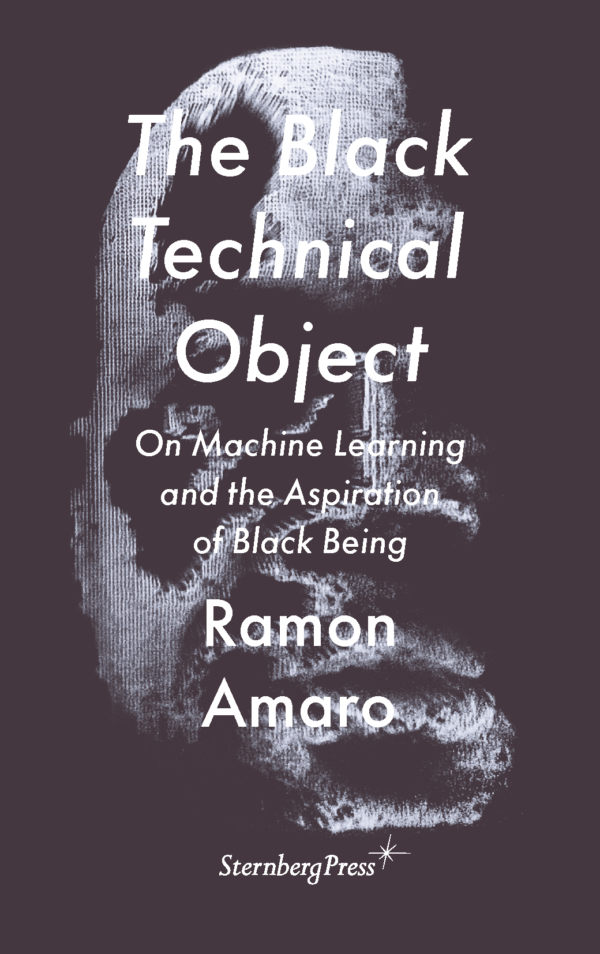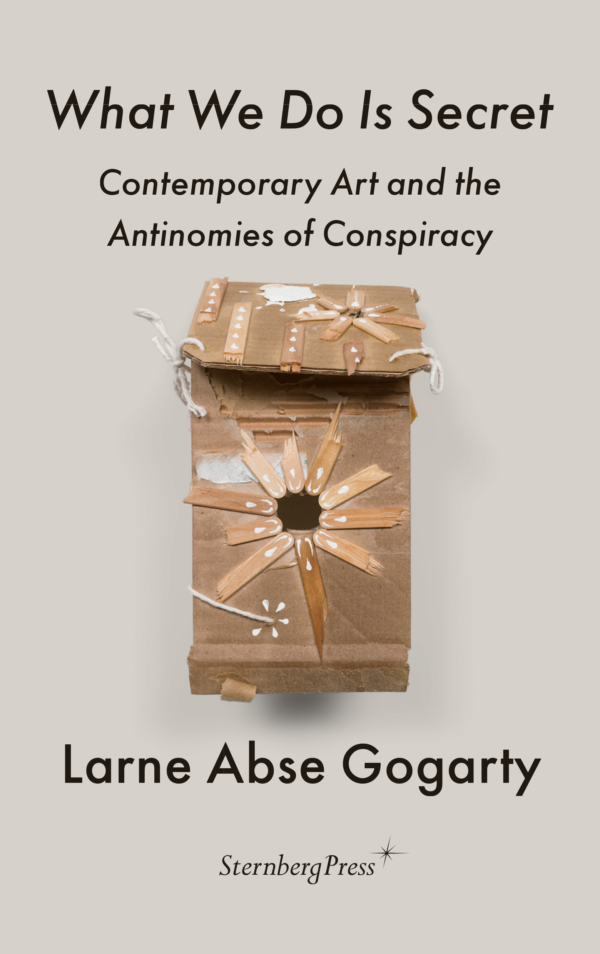Your cart is currently empty.
Cart

Death Wall
Entropy and the Chronopolitics of Modernity
From the eighteenth century onwards, Western science began to tap a large, yet non-renewable, capital store of energy. This transition from agricultural production dependent upon the flow of annual cycles (the sun) to industrial production based on the usage and subsequent depletion of energy stocks (fossil fuels) peaked around 1860. The period that followed roughly coincides with what genocide scholar Dirk Moses has dubbed “the racial century”—that is, the epoch when all political questions were articulated through the language of biology. Death Wall considers the question: Why does the transition to fossil fuels entail an intensification of ongoing processes of racialization?
Extrapolating the steam engine’s low thermal efficiency into the idea of a universe running out of time, the late nineteenth century mobilized evolutionary theory to counter the dissipative force of entropy. Flowing from this equation between time and energy, the discourse of the early twentieth century is marked by a search for “superman” types—a form of secular seekership that extends from technological to spiritual registers, leading to a conceptualization of technology that is closer to alchemy than mechanics. Against the backdrop of these structuring analogies, this book looks into the racialized inscriptions of difference energy conversions connote, and how they are mobilized in order to convert monetary value into cultural values.
Softcover
€20.95


